Many Mac users reported that their M1 MacBook Air battery drains quickly after upgrading to macOS Monterey, Before the upgrade, the computer has at least 10% power after normal use for 12-15 hours. But after the upgrade, after only 3-4 hours of use, the battery has 50% power left. If your MacBook is also experiencing this battery problem, how to solve it?

The newly upgraded macOS system will perform operations such as disk file indexing, which will consume more power than usual. But after 24 hours, everything will return to normal. If your computer's battery life still drops faster 2 days after the upgrade is complete, you need to check what the problem is. This article will provide several common methods to check and solve Mac battery loss.
1. Check which apps use the most Energy
Run Activity Monitor(/Applications/Utilities), and select Energy tab, check and sort all application by the 12hr Power tab, it will list the energy consumption of all running programs in the past 12 hours. We can quickly see which applications are continuously consuming our battery life, and then quit and close those applications.
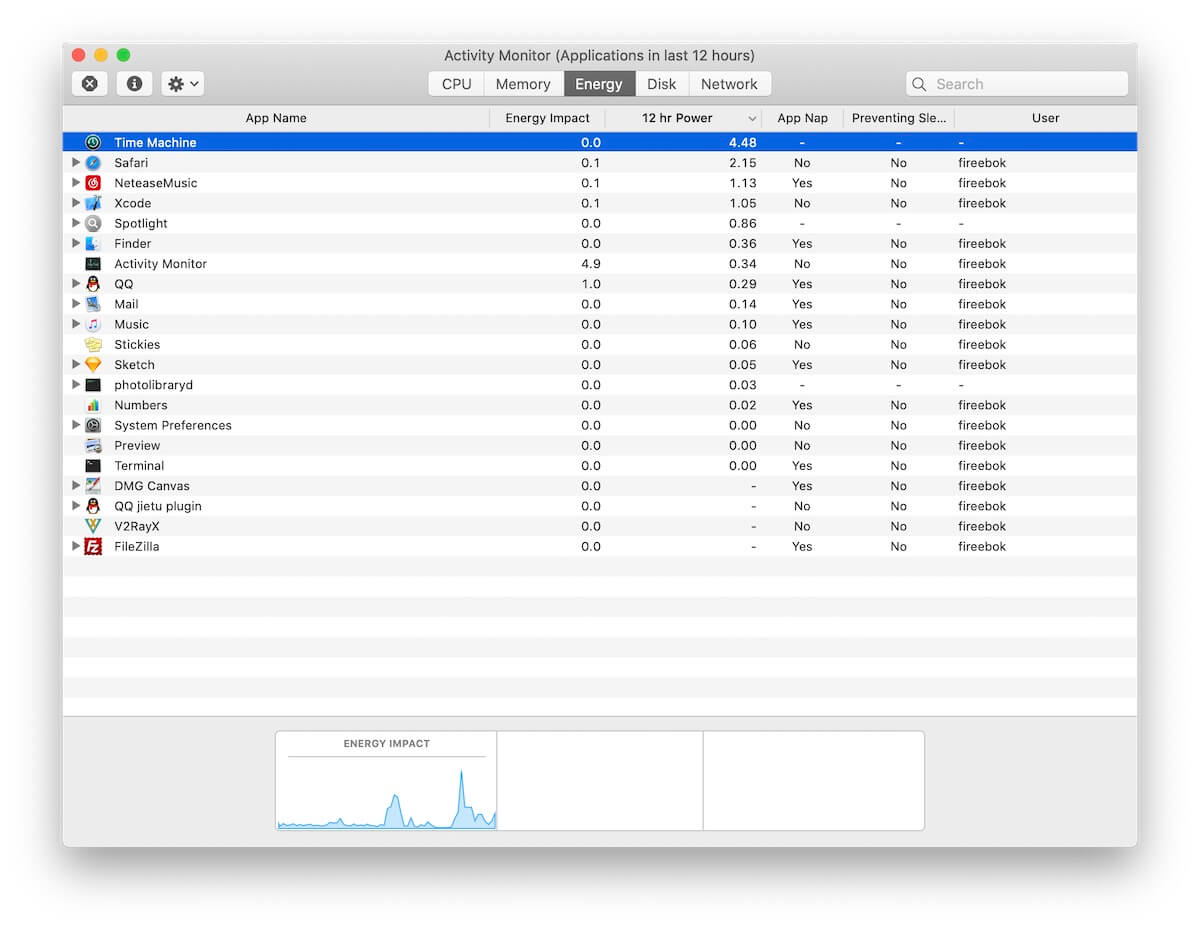
2. Check which apps read and write a lot of disk data
Another power consumption is disk data read and write. Please check that your computer has read and written a large amount of disk data during a certain period of time in the past. Run Activity Monitor(/Applications/Utilities), and select Disk tab, sort by Bytes Writes option. You will see which processes read and write disk data in the past time. Some processes are applications, and some are background services of applications. Click the X button to kill some unnecessary process.
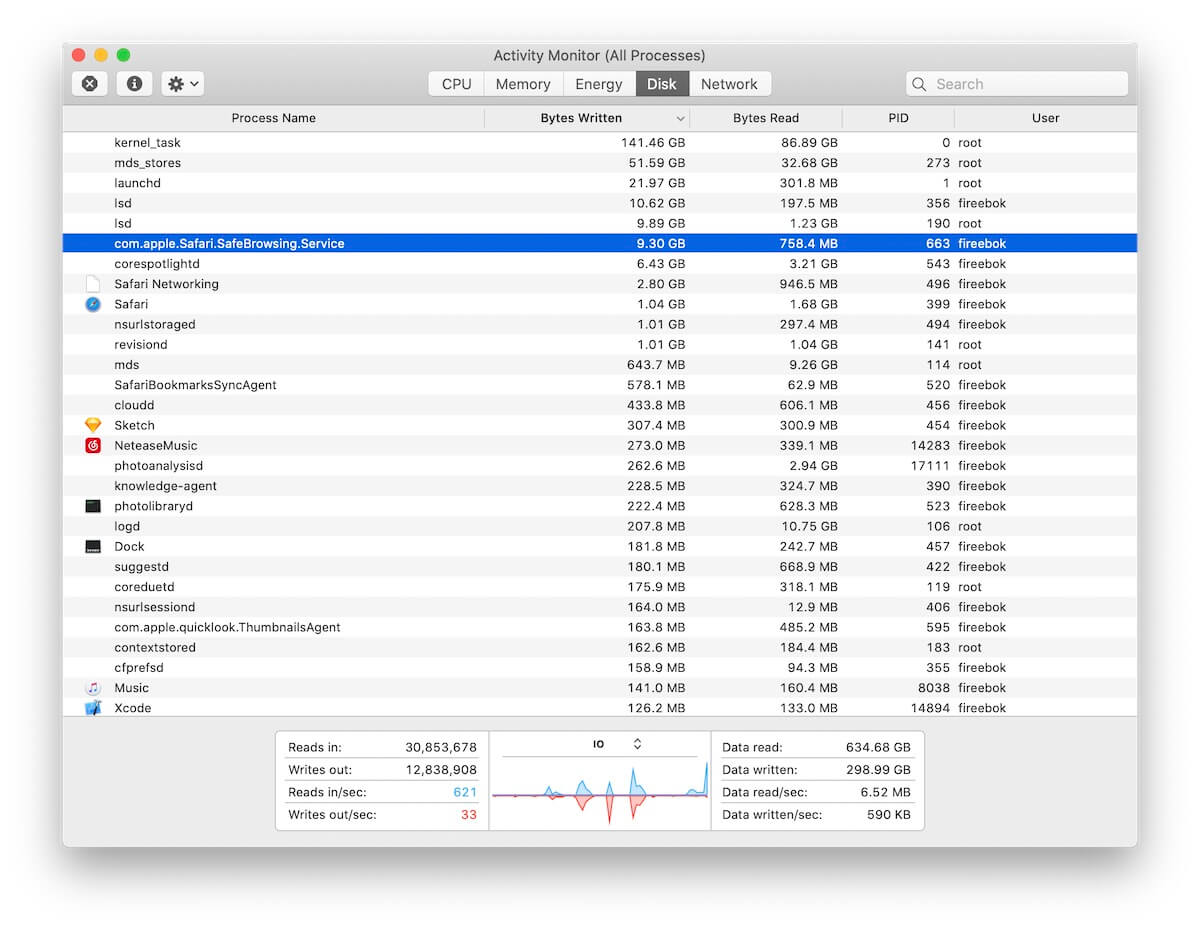
The Activity Monitor application can help us find the power consumption of the running application. But for those processes that are not currently running, they cannot be detected. In addition, there are some processes that will start again after exiting. We need to close the applications associated with the process. For example, some cloud data synchronization services.
3. Turn off Cloud Sync
If the above check does not solve the battery life of your Mac, have a try to temporarily turn off the cloud service. Such as iCloud Drive, Dropbox and Google drive. They may continuously send data requests to the server and connect to the server due to network or other reasons.
4. Upgrade or Uninstall recently installed applications
If your Mac has recently installed some applications that may cause your Mac’s battery to drop quickly, try updating or uninstalling it. Some applications may not support macOS Monterey and M1 Mac, or they need to be changed and optimized to adapt. Here we use PowerSuite completely uninstall application and its related files, which is a third-party disk utility application.
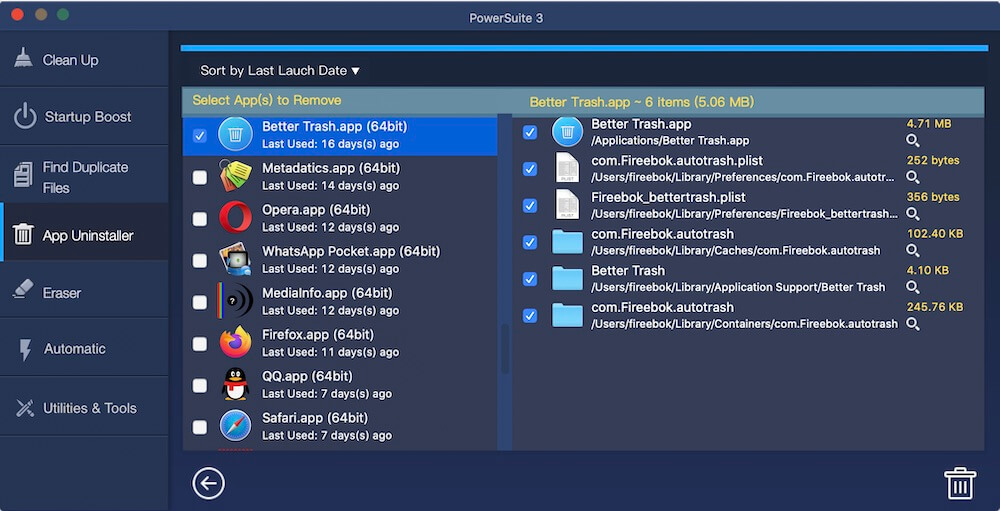
5. Clear Safari cache files
If you are a heavy webpage user, please clean up the Safari browser cache files in time. A large accumulation of cache files will not only affect your browsing speed, but also drag down your battery. You can go to browser Preference Settings -> Privacy -> remove them. Or use PowerSuite to clear Safari and other browser data with one click.
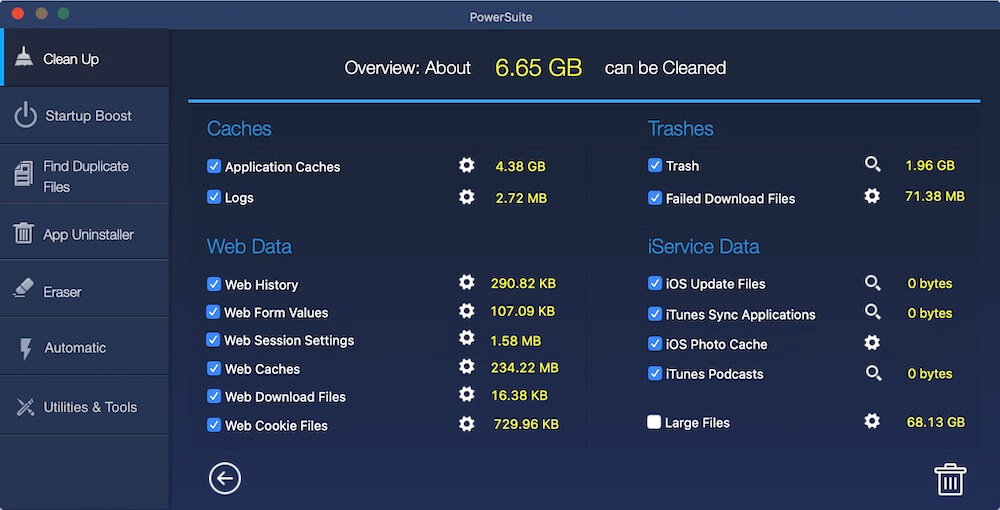
View the details of browser cookie data and delete them.
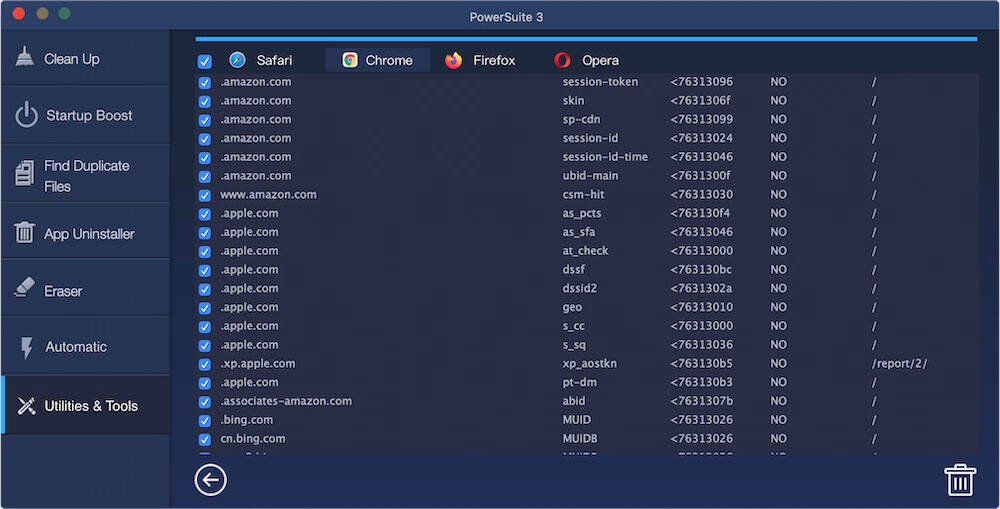
| More Related Articles | ||||
 |
1. How to find and remove duplicate photos from Photos? 2. How to batch rename photos within the Photos app on Mac? |
|||
About Fireebok Studio
Our article content is to provide solutions to solve the technical issue when we are using iPhone, macOS, WhatsApp and more. If you are interested in the content, you can subscribe to us. And We also develop some high quality applications to provide fully integrated solutions to handle more complex problems. They are free trials and you can access download center to download them at any time.
| Popular Articles & Tips You May Like | ||||
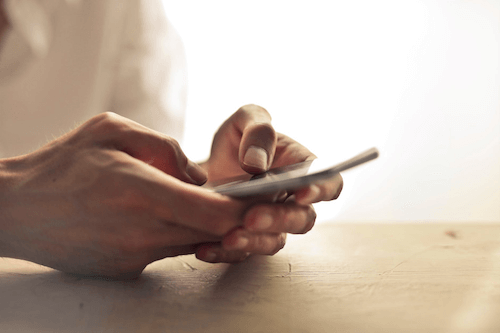 |
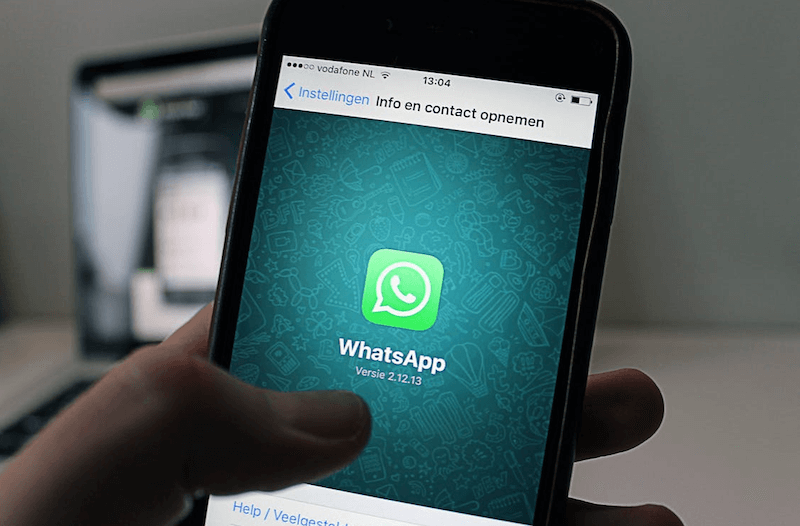 |
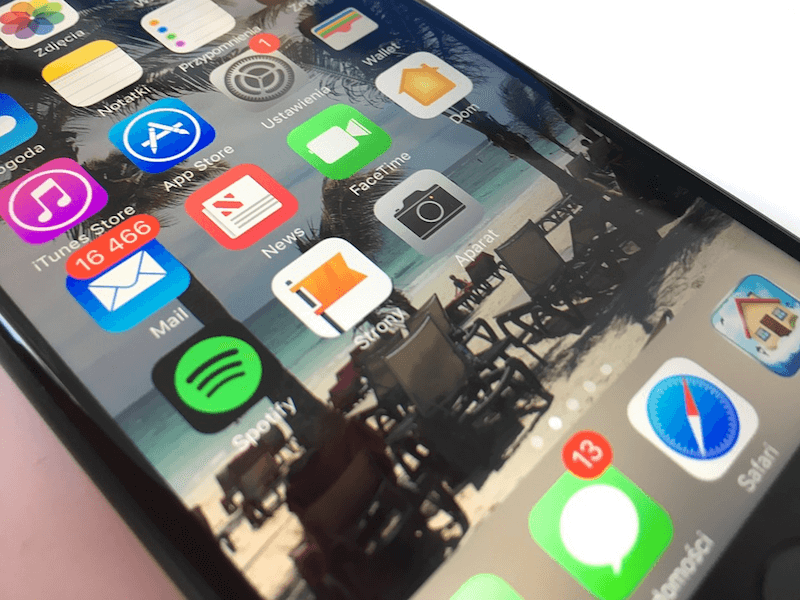 |
||
| Five ways to recover lost iPhone data | How to reduce WhatsApp storage on iPhone | How to Clean up Your iOS and Boost Your Device's Performance | ||